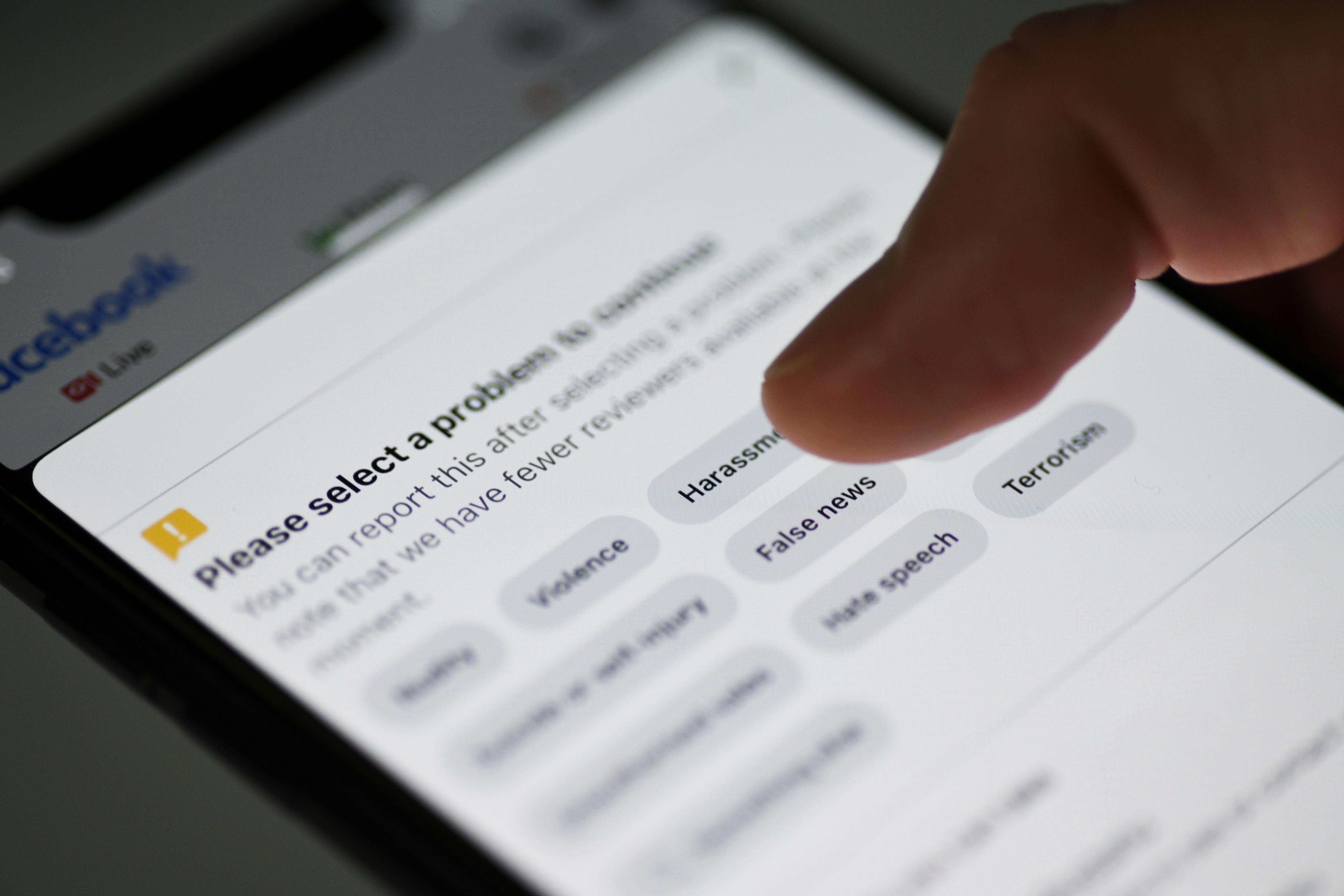The Pentagon’s social media policies have been challenged amid the rapid spread of misinformation and disinformation, particularly in the context of recent conflicts like the Israel-Hamas war and Russia’s invasion of Ukraine. While the Department of Defense (DoD) advises service members to avoid unauthorized disclosure of information and refrain from making statements that could be seen as official positions, the lines regarding what can be shared on social media are increasingly blurred. This ambiguity raises concerns about operational security and the potential influence of misinformation on military personnel.
Key Points:
- Rapid Spread of Misinformation: Social media has been a conduit for the rapid dissemination of both true and false information about conflicts, as seen in the Russia-Ukraine war.
- Pentagon’s Social Media Policy: The current policy requires DoD personnel to protect sensitive information and avoid statements that could be interpreted as official DoD positions, but it hasn’t been updated in light of recent conflicts.
- Challenges in Policy Enforcement: It is increasingly difficult to monitor and enforce social media policies among the vast civilian and active duty workforce of the military.
- Impact of Misinformation on Military Personnel: Misinformation and disinformation on social media can have significant consequences for the DoD and its personnel, potentially inciting extremism, violence, and distrust in democratic institutions.
- Political Activity and Social Media: Service members are advised to avoid political activity on social media, including promoting political agendas, even on personal accounts. However, enforcing these rules has become more complex in the digital age.






